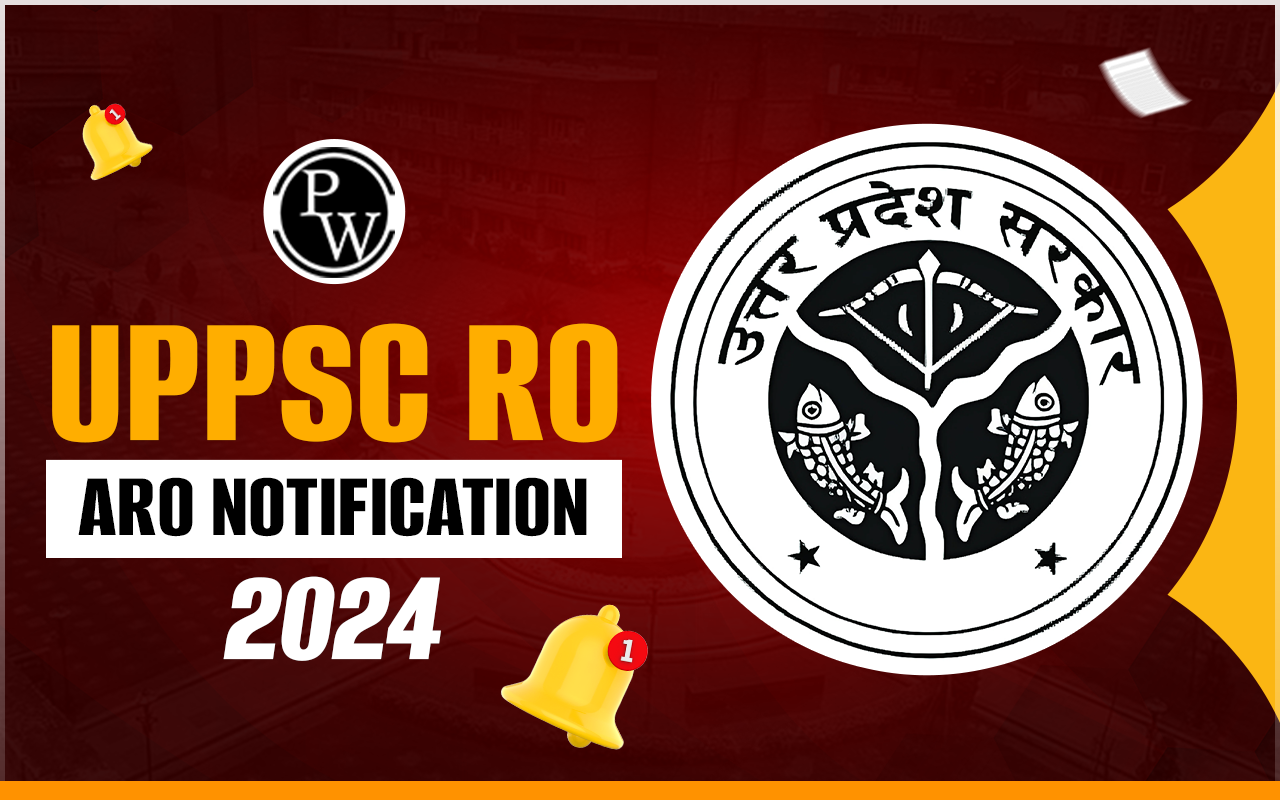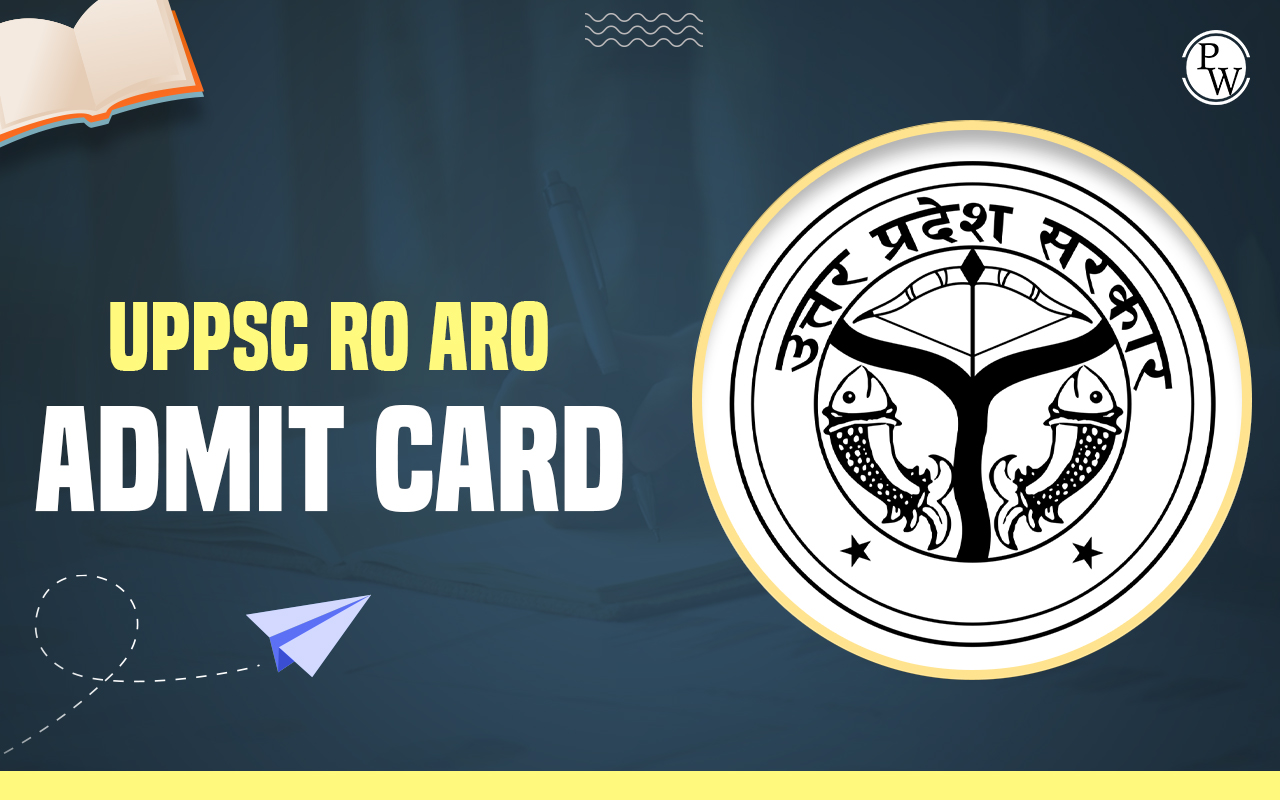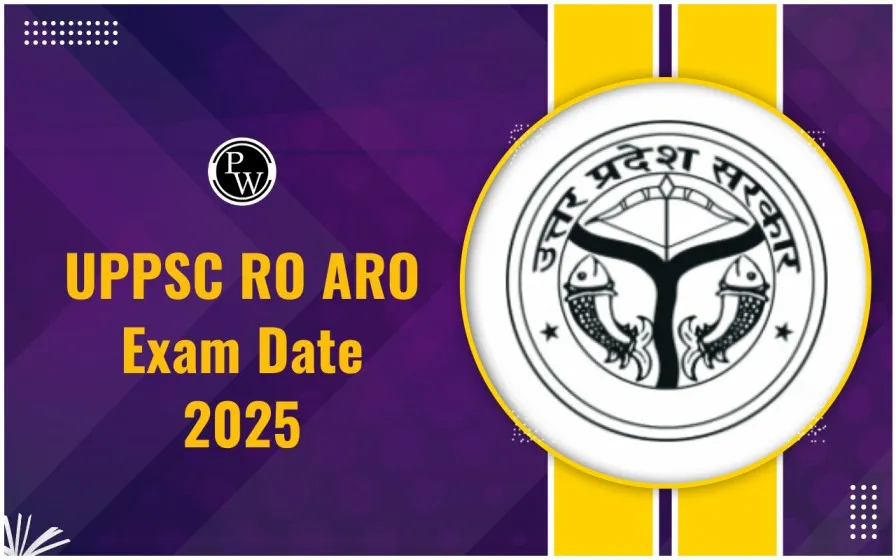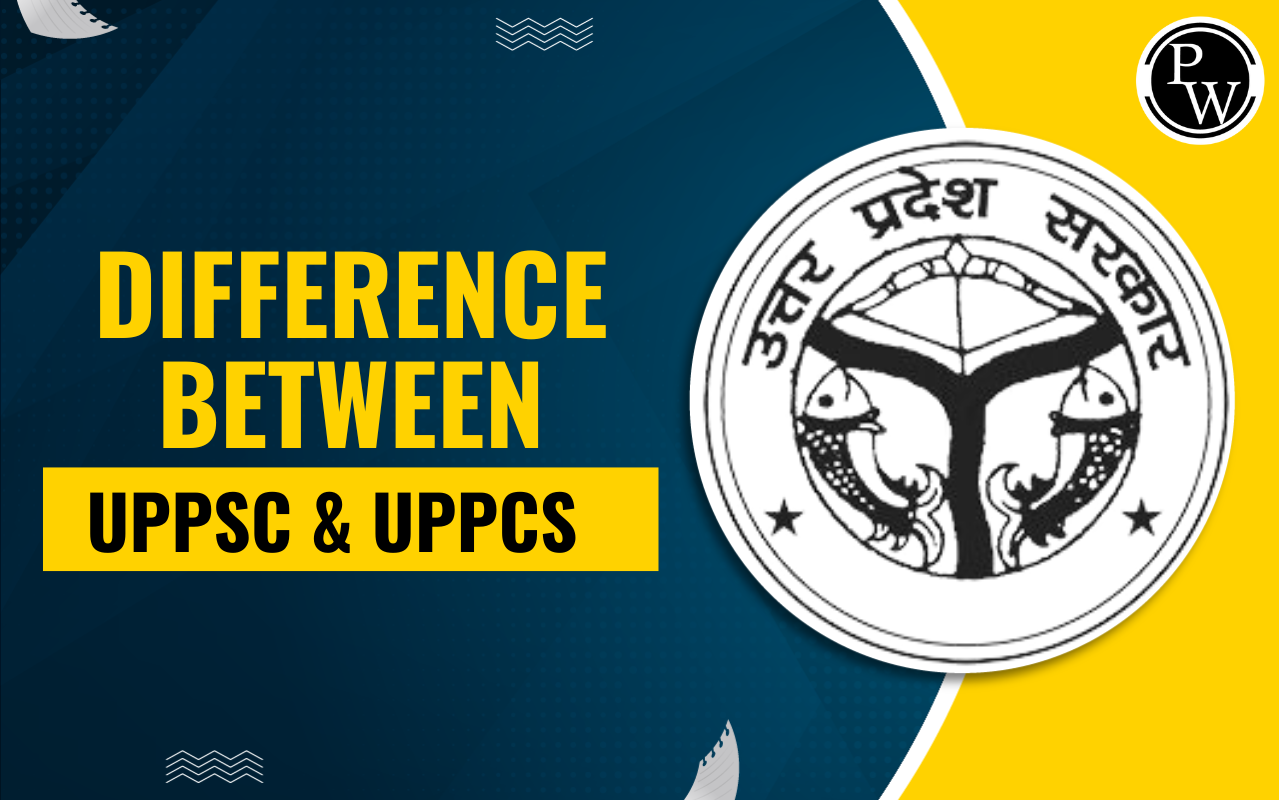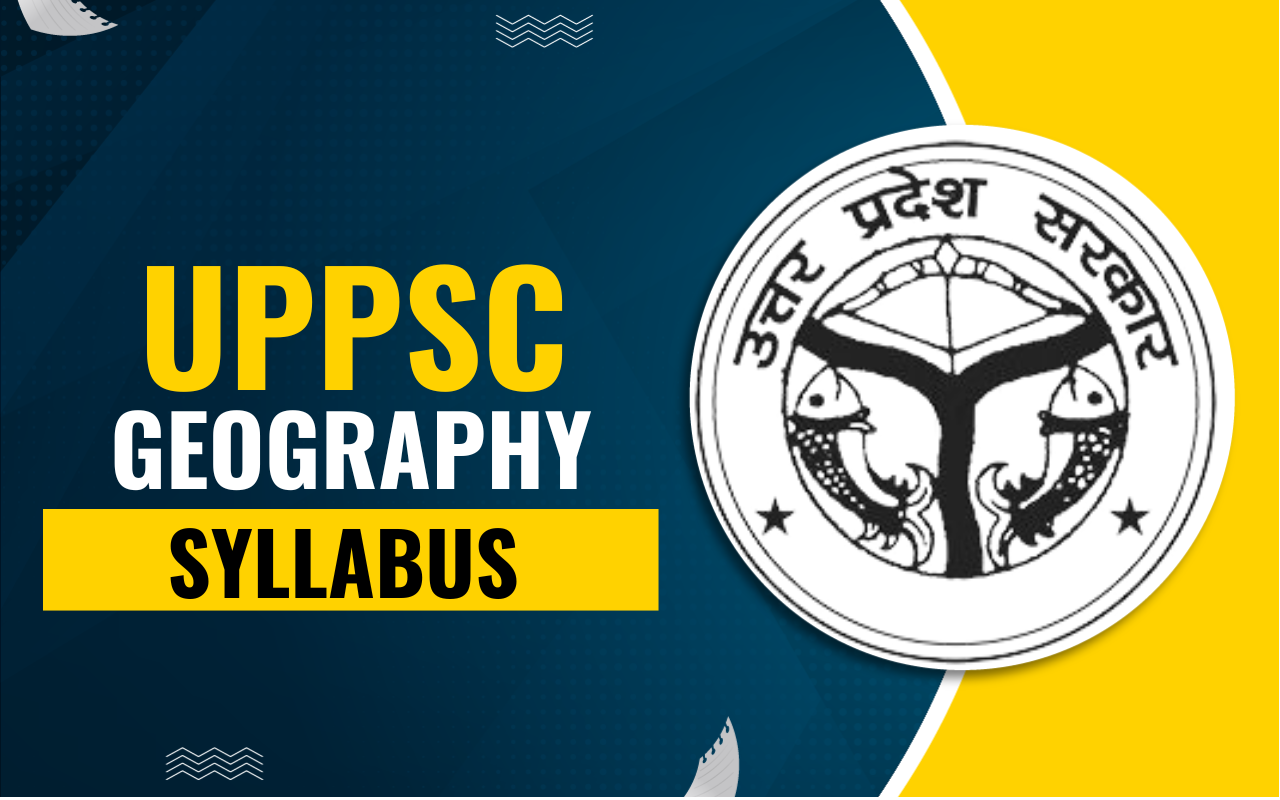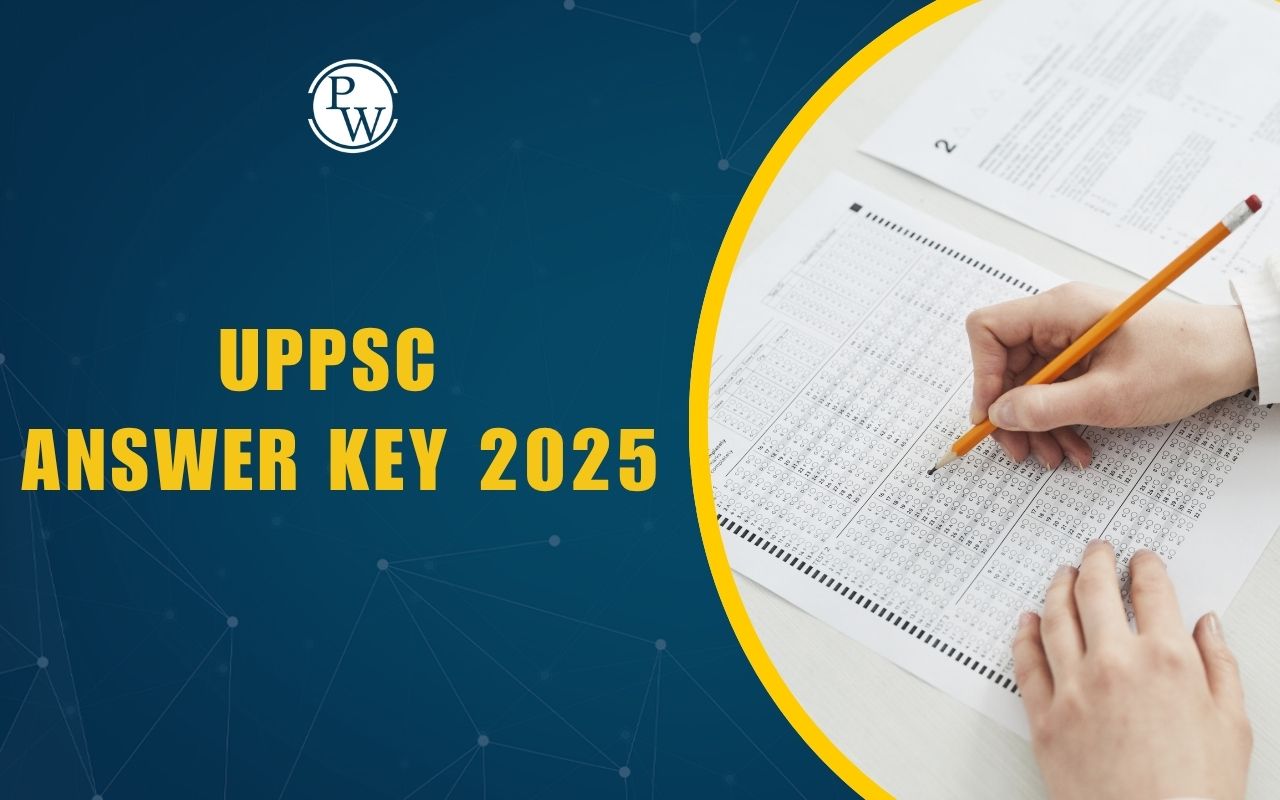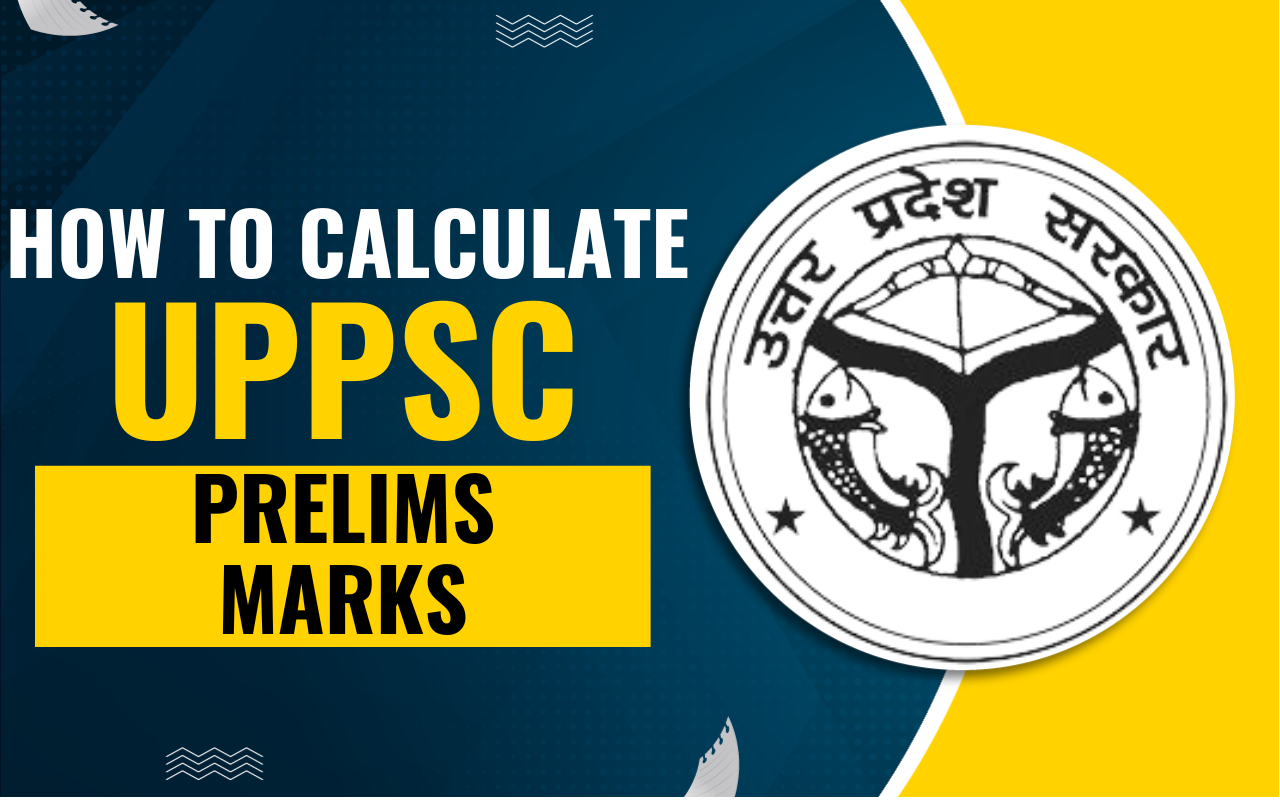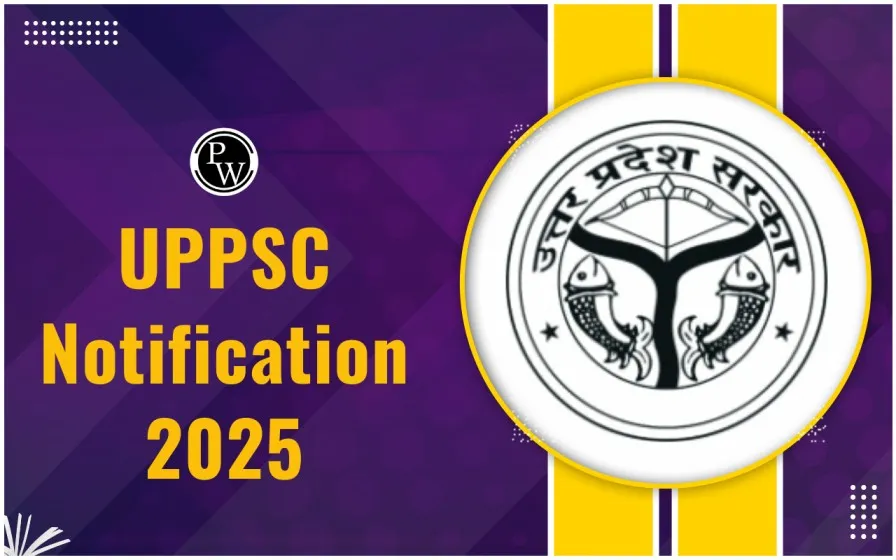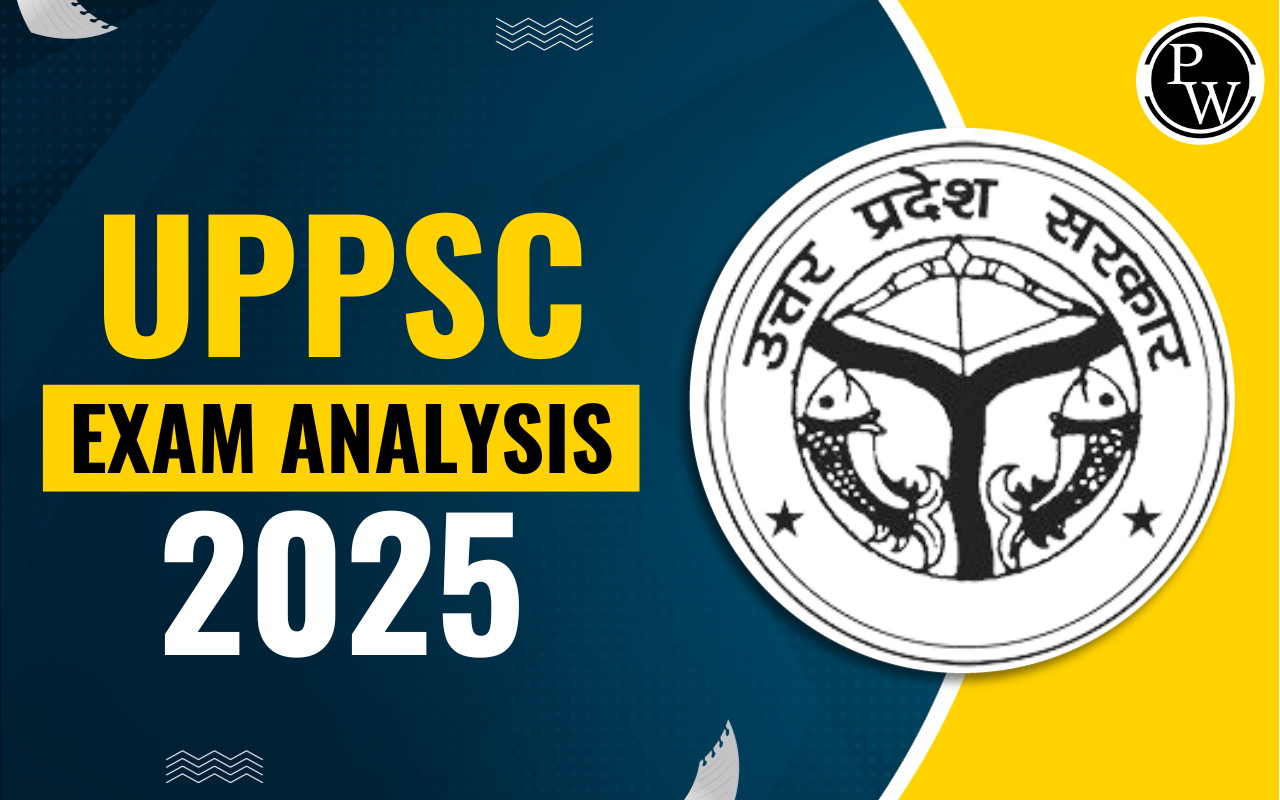
UPPSC History Syllabus 2025 : The Uttar Pradesh Public Service Commission (UPPSC) conducts the exam to select Group A and Group B officers for the Administrative Civil Services of the UP state government. It is necessary for candidates who passed the preliminary round to learn about the next stages of the exam.
The latest UPPSC History Syllabus 2025 increases the possibilities of selection for candidates. There are two steps after the preliminary exams the mains and interviews. Candidates have to clear both of these to be considered for selection. Read the topics listed below to learn more about the content included in the UPPSC History Syllabus .UPPSC History Syllabus 2025 Overview
The UPPSC History syllabus for 2025 covers a wide range of topics from Ancient to Modern Indian History as well as World History. Candidates need to study social, economic, cultural, and political history, with emphasis on the Indian National Movement and post-independence developments. The syllabus is divided mainly between the Prelims and Mains stages, with prelims focusing on broad historical knowledge and mains having descriptive papers on detailed historical events and concepts.
|
UPPSC History Syllabus 2025 Overview |
|
|---|---|
|
Syllabus Section |
Topics Covered |
|
Ancient Indian History |
Early civilizations, Maurya and Gupta Empires, Social and cultural developments |
|
Medieval Indian History |
Delhi Sultanate, Mughal Empire, Regional Kingdoms, Bhakti and Sufi movements |
|
Modern Indian History |
British colonization, Indian National Movement, Freedom Struggle, Social and economic changes |
|
Post-Independence India |
Integration of states, socio-economic developments till 1965 |
|
World History |
Industrial Revolution, French Revolution, World Wars, Socialism, Nazism, major global events |
|
Indian Culture and Society |
Art, literature, architecture from ancient to modern times, role of women, social issues |
UPPSC History Exam Pattern
Every paper for the mains exam is significant and is explained in a detailed manner. There are two optional papers out of a total of eight. Applicants can check the format of the exam in the following section: There are two optional papers: history- Paper 1: History Paper: Mechanics, Thermal History, Waves and Oscillations, and Optics
- Paper 2: History Paper: Electricity and Magnetism, Modern History and Electronics
UPPSC History Syllabus
Candidates who want to pass the examination with good marks should understand the syllabus well. They can check the complete UPPSC History syllabus in the table provided below:| UPPSC History Syllabus | |
| UPPSC History Syllabus : (PAPER-I) | |
| (SECTION-A) |
|
| SECTION-B |
|
|
|
| UPPSC History Syllabus : (PAPER-II) | |
| Section-A | States People's Movement and Other Strands of the National Movement: (a) Revolutionary movements in India and Abroad; (b) Swarajists, Liberals, Responsive cooperation; (c) Emergence of Leftism In India (d) Subhash Chandra Bose and the Indian National Army.
|
| Section-B |
|
UPPSC History Marking Scheme
The UPPSC history syllabus and marking scheme should be updated for candidates to enable them to plan their preparation based on both total and negative marks. By taking this step, they improve their chances of receiving high marks in the exam. The UPPSC History Marking Scheme criteria are listed below for candidates to review:- The preliminary exam consists of multiple-choice questions in objective form.
- This is separated into two papers, Paper 1 and Paper 2, whose details are provided in the paragraph above.
- Every right answer on paper 1 will receive 1.33 marks.
- Every right answer on paper 2 will receive two marks.
- There will be a 0.33 mark deduction for every wrong answer.
UPPSC History Preparation Books
Books are important for exam preparation since they provide candidates with the right study guidelines to follow. The UPPSC History Preparation Books for the exam are listed in the table below.| UPPSC History Preparation Books | |
|
|
| Indian History |
|
UPPSC History Syllabus Optional
Candidates have to understand the entire pattern, UPPSC History Syllabus, and question type. It's important to get a better understanding of the actual exam to perform well in optional subjects. Candidates will also get a fresh perspective on how questions are posed and how they can be answered. It is easier to study and understand the UPPSC history syllabus if you have a previous understanding of the subject. Candidates have to understand the pattern and questions to answer them and achieve good marks. Analyze your performance after completing the UPPSC History Optional Question Paper. Pay attention to your areas of weakness and prepare your study plan. Study the most recent pattern for papers and plan appropriately.PW Batch for UPPSC
PW is the best option for UPPSC online coaching. We have a staff of experts ready to support candidates in acing the UPPSC exams. Batch Link - UPPSC Online Coaching| Other Related Links of UPPSC Exam 2025 | |
| UPPSC Notification | UPPSC Salary |
| UPPSC Result | UPPSC Syllabus |
| UPPSC Answer Key | UPPSC Eligibility Criteria |
| UPPSC Admit Card | UPPSC Apply Online |
| UPPSC Previous Year Question Paper | UPPSC Selection Process |
| UPPSC Cut Off | |
UPPSC History Syllabus 2025 FAQs
Q1 - What are the challenges of studying history for the UPPSC exam?
Q2 - What is the history subject all about for the UPPSC exam?
Q3 - Why is history important?
Q4 - How can I effectively use UPPSC's previous question papers?
Q5 - Are UPPSC's previous question papers useful for all stages of the exam?

